The 1950s Science Fiction Podcast: S:1 E1
Episode 1: 50s sci-fi radio dramas.

Start of Transcript:
Hello everyone, and welcome to my new podcast on 50s sci-fi. I hope that my introduction episode was audible to you. There is a written transcript at this link if you were not able to understand the recording. I am still working on some podcasting issues so, I do ask for your indulgence. I will work on the overall quality of the podcast as I continue.

In this, the first episode, I will discuss 50s sci-fi radio dramas such as Dimension X and X-minus-one. As well as few others I have come across. I have listened to both of these old time radio shows via the internet in podcast form. While other show titles I have discovered in more roundabout ways. X-minus-one is a favorite of mine, and I have listened to it very frequently. I even posted an article on the series three years ago on vocal.media. The post is one of my most popular stories on the site, ranking my sixth-most read article. Just clink my website icon on the podcast page, and it will redirect you to my vocal.media profile.
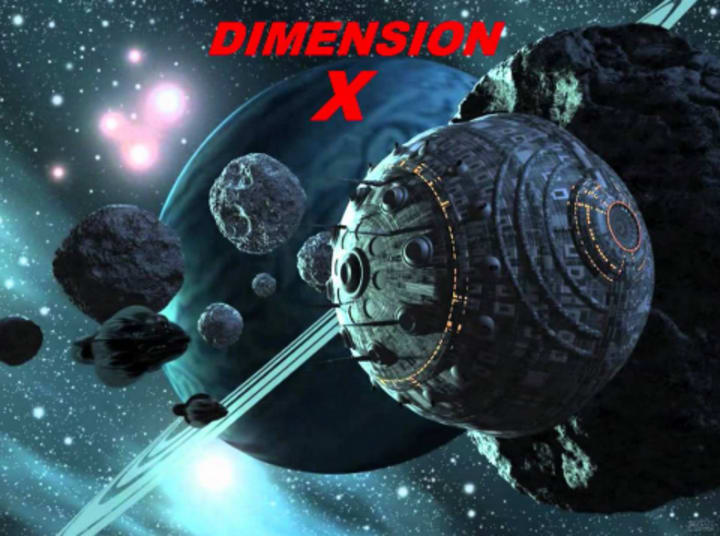
Science fiction radio dramas trace their inception during the 1930s with the launch of broadcast programming. The new medium of radio brought all manner of entertainment to households during the Great Depression. National networks would produce a wide variety of genes for the listening audience, such as westerns, mysteries, comedies, and supernatural horror. Science Fiction tended to fall into the juvenile venue with such shows as Buck Rodgers and Flash Gordon. These series originated from popular comic strips published in the newspapers during the 30s. These shows and others like them provided good escapist fantasies for the youth of that era. Some other sci-fi stories were broadcasted in other shows within Horror dramas during the 30s and 40s. However, it wasn't until after world war two that an attempt made to create a more adult science fiction show. 2000 plus, first aired on March 15, 1950, was a show that had stories about space travel, technology, and science. Other programs followed afterword, Dimension X, Tales of Tomorrow, and X-munis-one. The 1950s was a golden age of science fiction radio drama, under the creativity of Isaac Asimov, Ray Bradbury, and Robert Heinlein. Some of the episodes from the shows had stories written by those very authors.
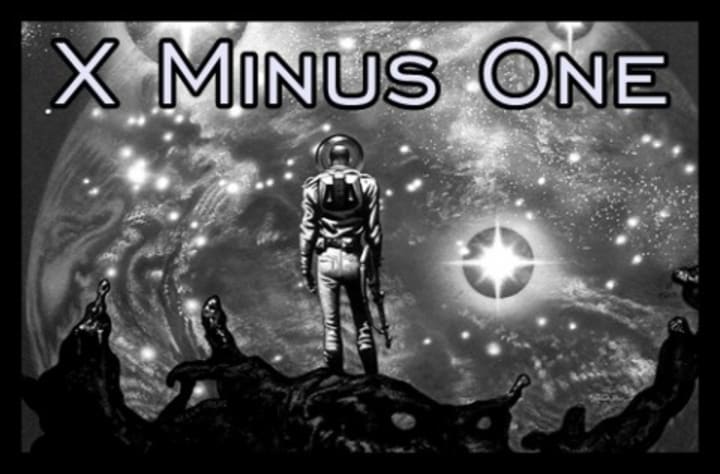
I have listened to a few 50s radio dramas here and there but, the two I am most familiar with and listened to the most are Dimension X and X-minus-one. It is these two shows I will discuss in the podcast. Dimension X was first broadcasted in April 1950 and went off the air in September 1951. The drama aired on NBC radio network, and 50 episodes completed its run. The series had stories adapted from such great sci-fi writers like Isaac Asimov, whos short story Pebble in the Sky, was first broadcasted on the show. The episode is about a scientist who returns to Earth to warn of impending doom, but can he warn the supreme leader of Earth before its too late. I just recently heard this one on Spotify and its great.
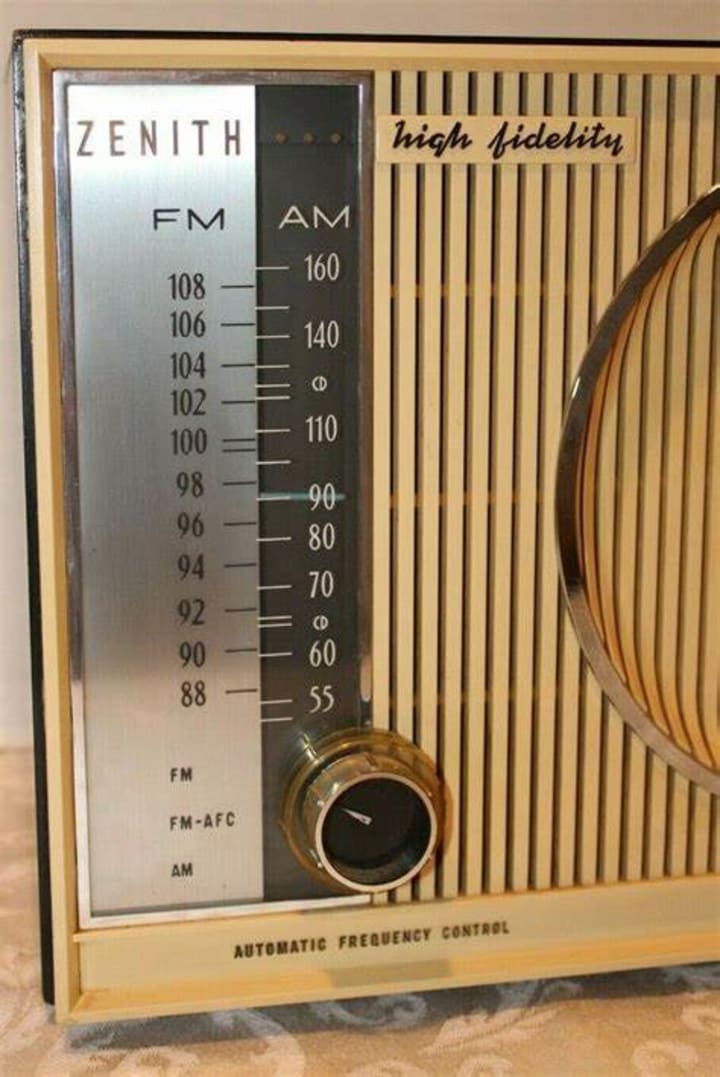
Dimension X producers made creative use of; sound effects and music to convey to the listener alien worlds, future technology, and suspenseful settings. A Theremin, an electrical device that produces weird sounds, gave a scary atmosphere to the episodes. The Theremin itself played without touching the control rods, by placing the hands near and far from the rods, the musician could change the tone of the instrument. Film producers used Theremin music in the soundtrack of many sci-fi movies from the 50s. One notable motion picture, The Day the Earth Stood Still a theremin played while radar technicians looked at their screens during the opening scenes of the movie.
Dimension X opening narration was spoken by Norman Rose. The opening narration goes like this. "Adventures in Time and Space," Told on Future Tense. Then you would hear the title echo accompanied by loud music: the announcer would give the title of the episode. The show's producers were Van Woodward and William Welch, while Edward King and Fred Weihe directed. The show didn't last very long due to the lack of sponsorship. The show did air advertisements for Wheaties cereal, but it only lasted a short while. Otherwise, the series went unsponsored. The principal scriptwriters for the show were Earnest Kinloy and George Lepparps. Together both writers adapted stories from many great science fiction authors. Some, such as Kurt Vonaget Jr., had his short fiction transcribed for the drama. Even though the writers had plenty of material to chose from, they also contributed their own stories.

After the cancelation of Dimension X, a new version of the show debuted on NBC. The series called X-Munis-One continued with the same producers as Dimension X. The writers would use the stories form groundbreaking writers like Ray Bradbury, Robert Heinlein, and Iassic Aminov. The producers even recreated previous episodes from Dimension X for broadcast. Also, the writers drew from Galaxy Science Fiction magazine for original stories. Like Dimension X, the series used a dramatic opening natation. The listener heard a countdown of a rocket launch accompanied by music and sound effects. The narrator would tell the listener, "These are stories of the future; adventures in which you'll live in a million could-be years on a thousand may-be worlds. " I have always thought of the line as awe-inspiring. X-minus-one ran from April 24, 1955, to January 9, 1958. The show produced 125 half-hour episodes outweighing Diemson X by almost 2:1 in productivity.
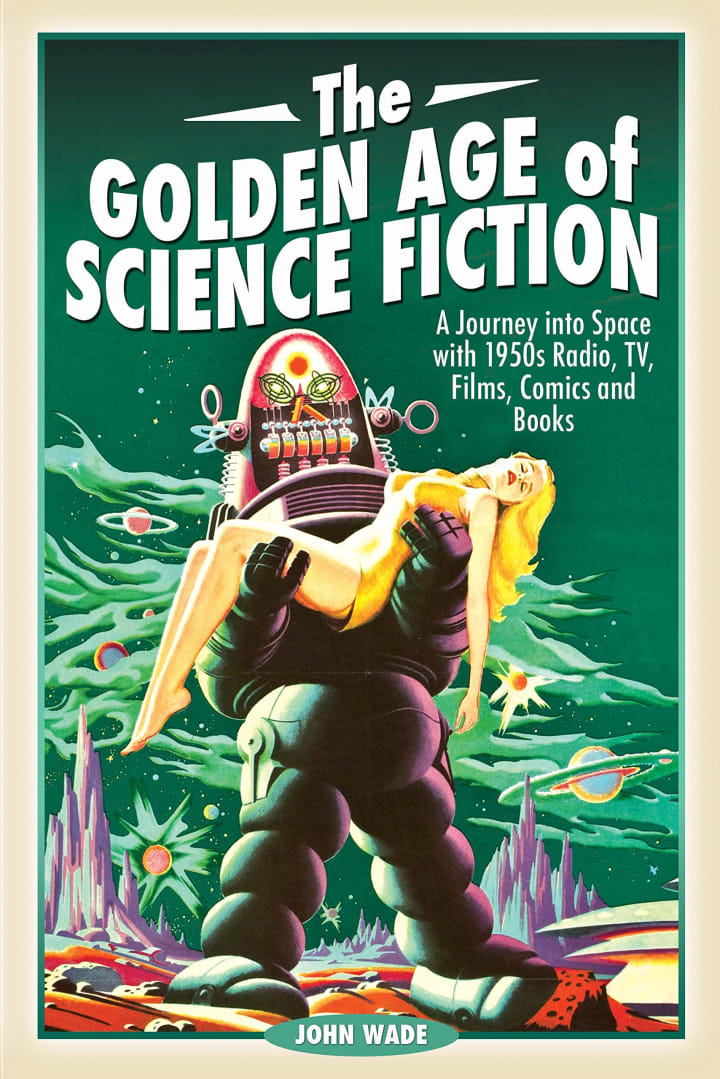
I listened to my first episode of X-munis-one over ten years ago via iTunes download. I don't remember which episode it was, but I knew then it was a great series. Later in the 2010s, I found more episodes via social media. I started listening and reposting them, as well. One of my favorites is The Parade which, was an original story written by George Lefferts. In this story, an advertising executive takes on a client who claims to be a Martian and tells him that he was to inform the world that Martians are invading. The adman accepts the job with no question asked. However, he finds that things are not as they appear and realizes he made a big mistake. Can he help stop the danger in time before its too late? Another excellent but tragic episode is The Cold Equations. In this story, an astronaut finds a stowaway on his spaceship. The stowaway who is a young woman who is desperate to see her brother on a plague ridden planet. The ship is in route to deliver medical supplies when he discovers the stowaway. Problems arise when the pilot can't adjust for her weight for the journey, and he must make a difficult decision. As I pointed out in my article on X-mins-one, not all of the episodes were serious: some were light-hearted.

Overall, X-munis-one was an excellent series written by many talented writers. These stories would even hold up today's standards if redone. The show is very family-friendly and is a way to introduce your child to science fiction. Granted: episodes may seem a bit silly or mellow but, they were a product of their time. I do recommend listing to a few episodes of the series just for the superb writing. If you are a hardcore sci-fi fan, I don't think you will be disappointed.

When X-minus-one got canceled, it marked an end of an era for sci-fi radio dramas. There were one or two sci-fi dramas still on the air; the medium was dying out due to the completion of television. Some radio dramas would continue into the 1960s but, they didn't last very long. These sci-fi radio dramas would see a renewed interest in the 70s with a revival of old-time radio programs on network stations. The CBS Radio Mystery Theater would present science fiction stories amid the other genes like in the old days. Listing to one of the sci-fi episodes gave the same impression that you were listening to one of the 50s radio shows.

Now where to find these shows. You can download radio dramas for free at the internet archive library: The site has many episodes of Dimension X, X-minus-one, and many other OTR series. The website is archive.org, and search for podcasts that are OTR science fiction. One of my favorite spots on the web for OTR is relic radio. The site as all manner of OTR including, science fiction. The website is relicradio.com. Finally, 50s sci-fi radio dramas uploaded to YouTube have slide show attached to the video portion to the podcast. The combination of the two makes the podcast an enjoyable experience.
Well, this concludes my first regular episode of The 1950s Science Fiction Podcast. I hope that you have enjoyed listening to this episode and that it has been informative and entertaining. I hope to have another podcast in the works soon but, only as time permits. You can send me feedback via the messaging system on anchor.fm or through twitter. My twitter handle is @EdwardGerman3. I will also have a written transcript of this podcast published on my vocal media profile, look for the website icon. Please feel free to read the other articles on my vocal page.
Before I leave you today, I want to thank you for taking the time to listen to my podcast. Please feel free to donate if you can or to sponsor my podcast. Thanks for listening.
End of Transcript:
About the Creator
Edward German
A long-time sci-fi fan who loves the internet. I am also writing on subjects other than sci-fi.
you can follow me on "X" @EdwardGerman3 Listen to my podcast The 1950s Science Fiction Podcast on Spotify for Podcasters.




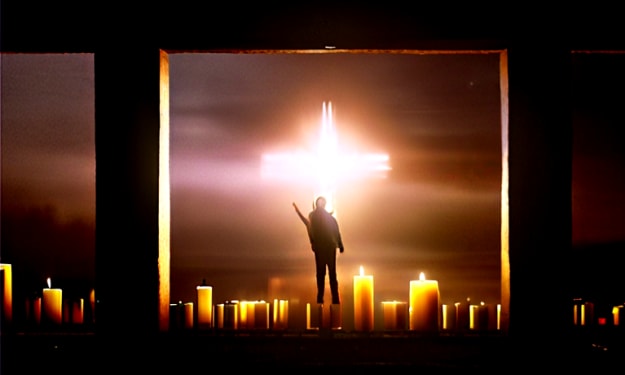

Comments
There are no comments for this story
Be the first to respond and start the conversation.